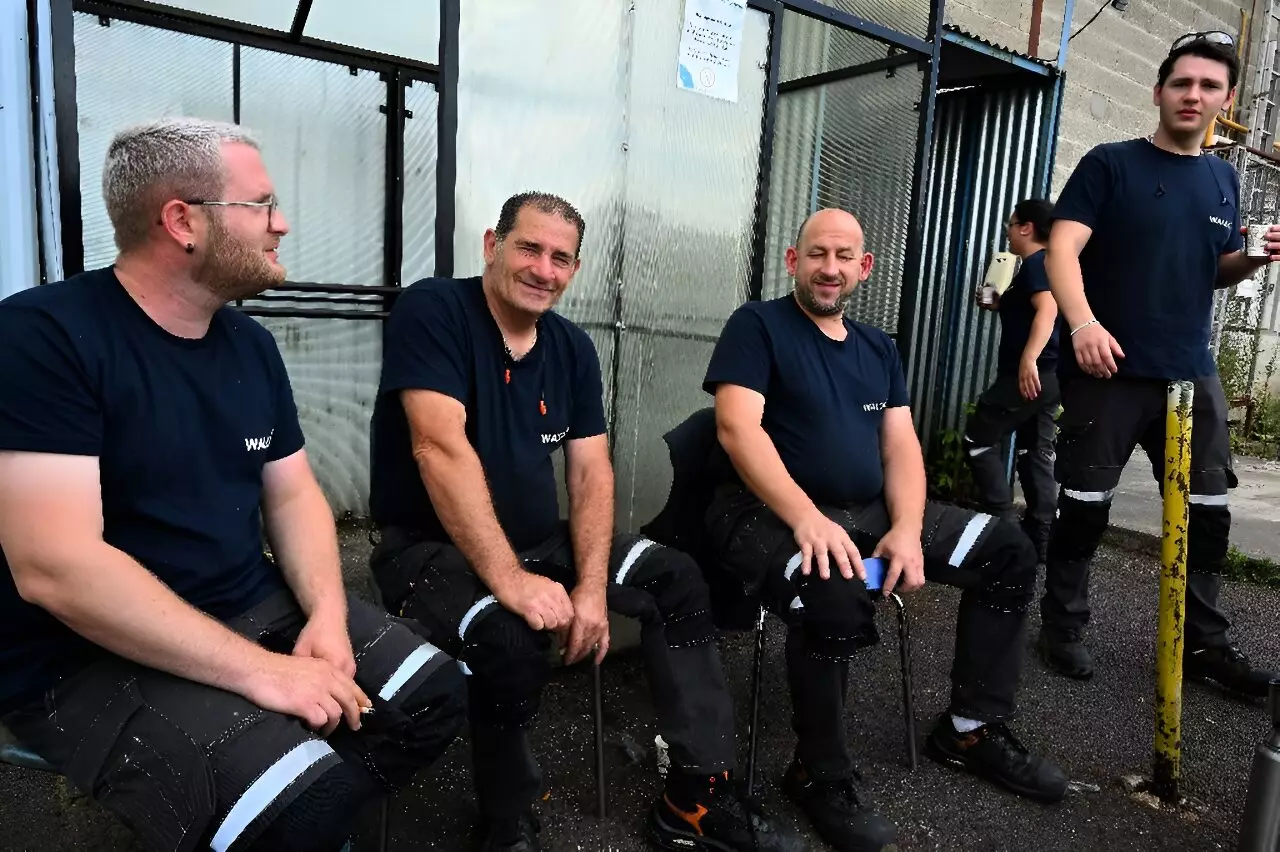The French auto industry is currently facing a pivotal moment as the country aims to phase out new combustion engine cars by 2035. This transition to electric vehicles is creating a ripple effect throughout the industry, particularly impacting workers at parts suppliers. The sale of new cars with petrol and diesel engines will only be allowed for the next decade in Europe, leading to concerns among the 200,000 people employed in the sector in France.
While some regions, like the north of France where a “Battery Valley” is emerging, are experiencing optimism and growth in the electric vehicle sector, workers at parts suppliers in other areas are feeling pessimistic. For example, a quality control expert in the Ardennes region expressed frustration over the lack of investment in transitioning to electric vehicles, leading to concerns about the future of the facility and potential closure.
On a brighter note, the north of the country is witnessing the development of battery “gigafactories,” such as the Automotive Cells Company (ACC) in Douvrin. This joint venture involving automakers Stellantis and Mercedes, along with French energy giant TotalEnergies, is investing in massive battery plants to support the shift to electric vehicles. The location of these facilities is also strategic, as they aim to retrain existing employees and create new job opportunities.
According to industry projections, by 2026, around 17,000 jobs are expected to be created in gigafactories for battery production and recycling. However, there are concerns about whether these new opportunities will be enough to offset the potential job losses in the traditional auto parts sector. Studies have indicated that the transition to electric vehicles could put thousands of jobs at risk in the coming years, with experts like economist Bernard Jullien estimating significant losses in the sector.
There are growing fears within the industry that the shift to electric vehicles could lead to increased offshoring of production, similar to what has been seen in other sectors like steel. Some union leaders worry that car manufacturers may choose to move production to countries with lower labor costs, potentially impacting overall employment levels in the French auto industry. While some companies like Renault are maintaining production in France, others like Stellantis have already started producing electric vehicles in other countries.
Overall, the future of the French auto industry is uncertain as it navigates the transition to electric vehicles. While there are opportunities for growth and job creation in the emerging electric vehicle sector, there are also challenges and risks for traditional parts suppliers and workers. Finding a balance between innovation and job security will be crucial in shaping the industry’s future in the years to come.


Leave a Reply